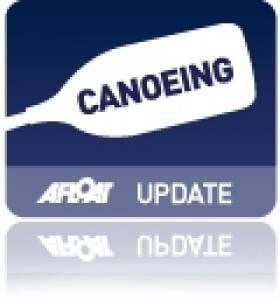Displaying items by tag: River Foyle
New Coastal Canoe Trails for Northern Ireland
This week Northern Ireland welcomes the launch of two new coastal canoe trails.
The new Foyle Canoe Trail stretches for 33 miles from Lifford in Co Donegal to Moville on the Inishowen peninsula at Lough Foyle, passing through Derry on the way, with plenty of wild and official campsites along the route.
Meanwhile, the South East Coast Canoe Trail is a sea kayaker's dream – 50 miles of rocky bays and sandy beaches past the Mourne and Cooley mountain ranges from Strangford village to Newry.
According to OutdoorNI.com, the trails were developed by the Countryside Access and Activities Network (CAAN), the Loughs Agency and Down and Derry District Councils, add to the five inland canoe trails already in place.
CAAN development officer Kathryn Callaghan commented: "Both these trails offer a golden opportunity for us all to explore two picturesque corners of Northern Ireland from a unique perspective.”
Waterproof guides for both trails are available free from from local tourist information centres or online from www.canoeni.com.
The coastal trails are the first of four to be launched in 2011. Later this year the North Coast Canoe Trail will take in the Giant’s Causeway and Carrick-a-rede Rope Bridge, while the East Coast Canoe Trail will pass the renowned Glens of Antrim, Belfast Lough and the Ards peninsula.
























































